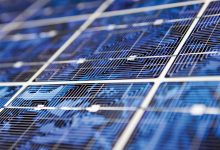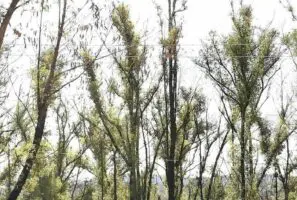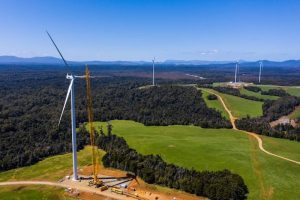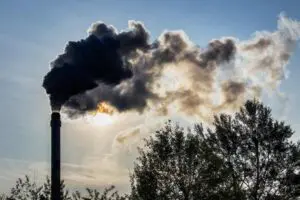A new solar panel “upcycling” plant should be up and running in Victoria by the end of 2023, with further facilities in the development pipeline, according to an update from the team behind the project.
A research update published by the University of Melbourne, a partner on the project with RMIT University and Melbourne-based company Ojas, said the plant would convert end-of-life solar panels into “value-added” materials.
The so-called upcycling plant, which its developers describe as a “first of its kind,” was first flagged in 2020, when it was awarded a $3 million federal government grant via the Cooperative Research Centres Projects (CRC-Ps) fund.
Melbourne-based industrial manufacturing company Ojas Group – the grant recipient – said in the update that the plant would use innovative physical separation technology from Europe to cost-effectively recover clean glass, silicon cells and polymer from PV panel waste.
Ojas CEO Neeraj Das said a site lease in Victoria had been secured in June for the group’s first plant, and the separation technology equipment would soon be tested and commissioned.
Das said that by the end of 2023, a PV module upcycling plant would be operating to process end-of-life PV modules collected Australia-wide, and supplying the recovered materials to downstream businesses for value-added products.
On the R&D side of the project, the two university teams are still working to find optimal applications of recovered PV module components.
One application the research has zeroed in on, so far, is for the use of finely ground PV glass as a partial replacement for sand in concrete – one of the largest sources of carbon pollution, globally.
Dr Massoud Sofi, the project’s research lead from the University of Melbourne, says this application can conserve raw materials used for concrete production and reduce its carbon footprint.
A current focus of the Uni Melb research team is to develop specific applications of the PV glass-based concrete materials.
Meanwhile, the RMIT University team, led by Dr Ylias Sabri, is investigating refining the recycled materials for possible reuse in solar panel production or other value-added materials.
In particular, they are looking at the processing of ethylene vinyl acetate (EVA), a material that has good radiation transmission and low degradability to sunlight.
The University of Melbourne team in the Department of Infrastructure Engineering, led by Professor Priyan Mendis, has more than 25 years of experience in up-cycling industrial by-products, including glass fines, the statement said.
The not-too distant arrival of a solar panel recycling plant in Victoria is welcome news for Australia’s solar industry, which is under increasing pressure – including from the federal government – to sustainably manage millions of solar panels as they come to the end of their working lives.
Recycling, or upcycling, will be a big part of this, with a number of companies and initiatives starting to take root around the country.
South Australia firm Reclaim PV began establishing itself as Australia’s first dedicated solar panel recycling company in 2014, and kicked off operations at its inaugural plant in July of this year in Lonsdale, South Austraila.
The company, which is also setting up a plant in Brisbane, Queensland, expects to recycle 70,000 panels a year at the South Australia plant alone, having been collecting and storing them over the past seven years.
In Melbourne, one of the nation’s first PV recycling facilities got up and running in Melbourne’s north in May on 2021, run by Melbourne based co-operative Lotus Energy.










